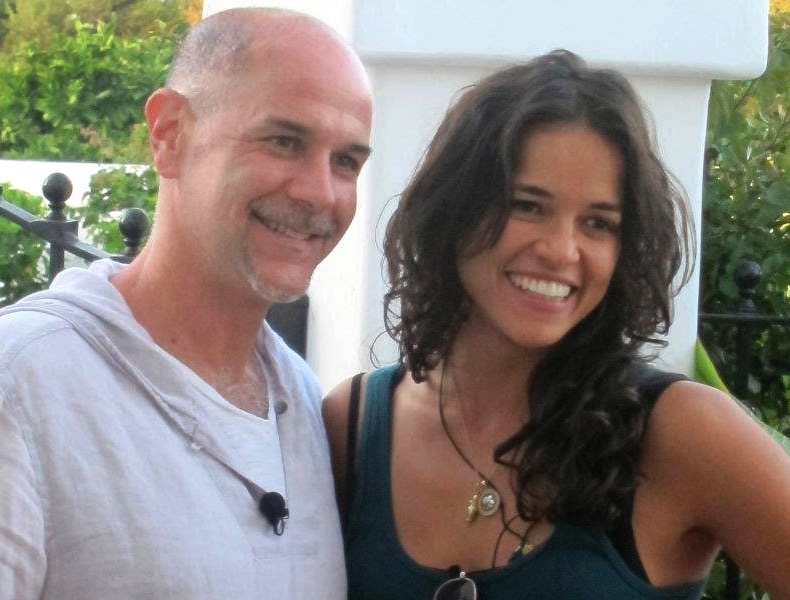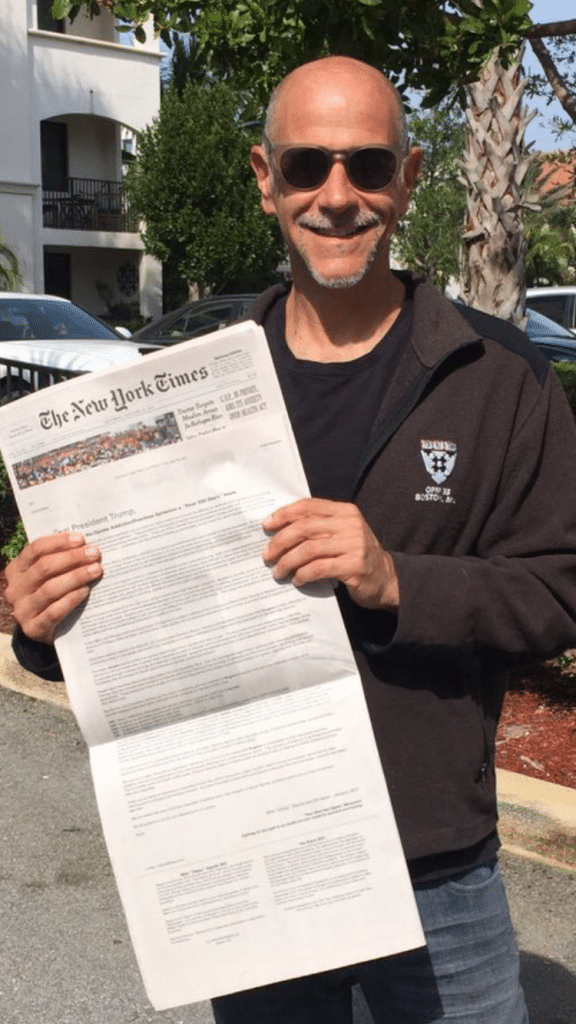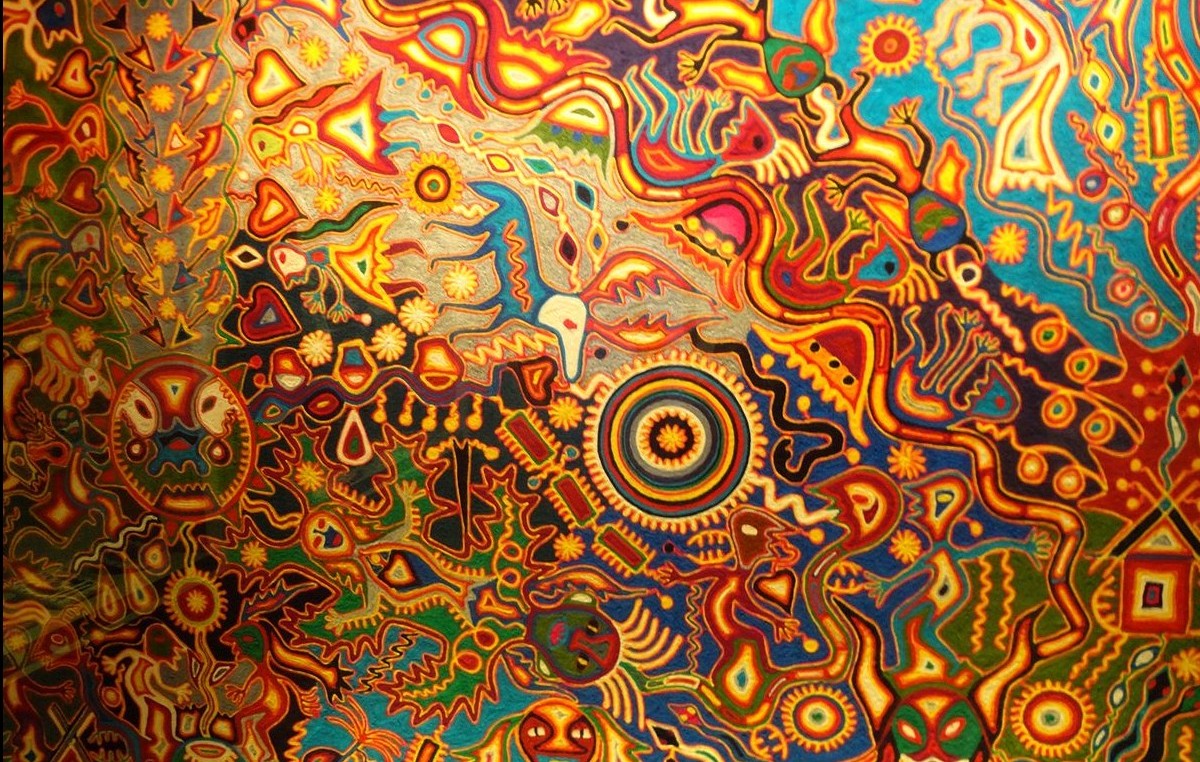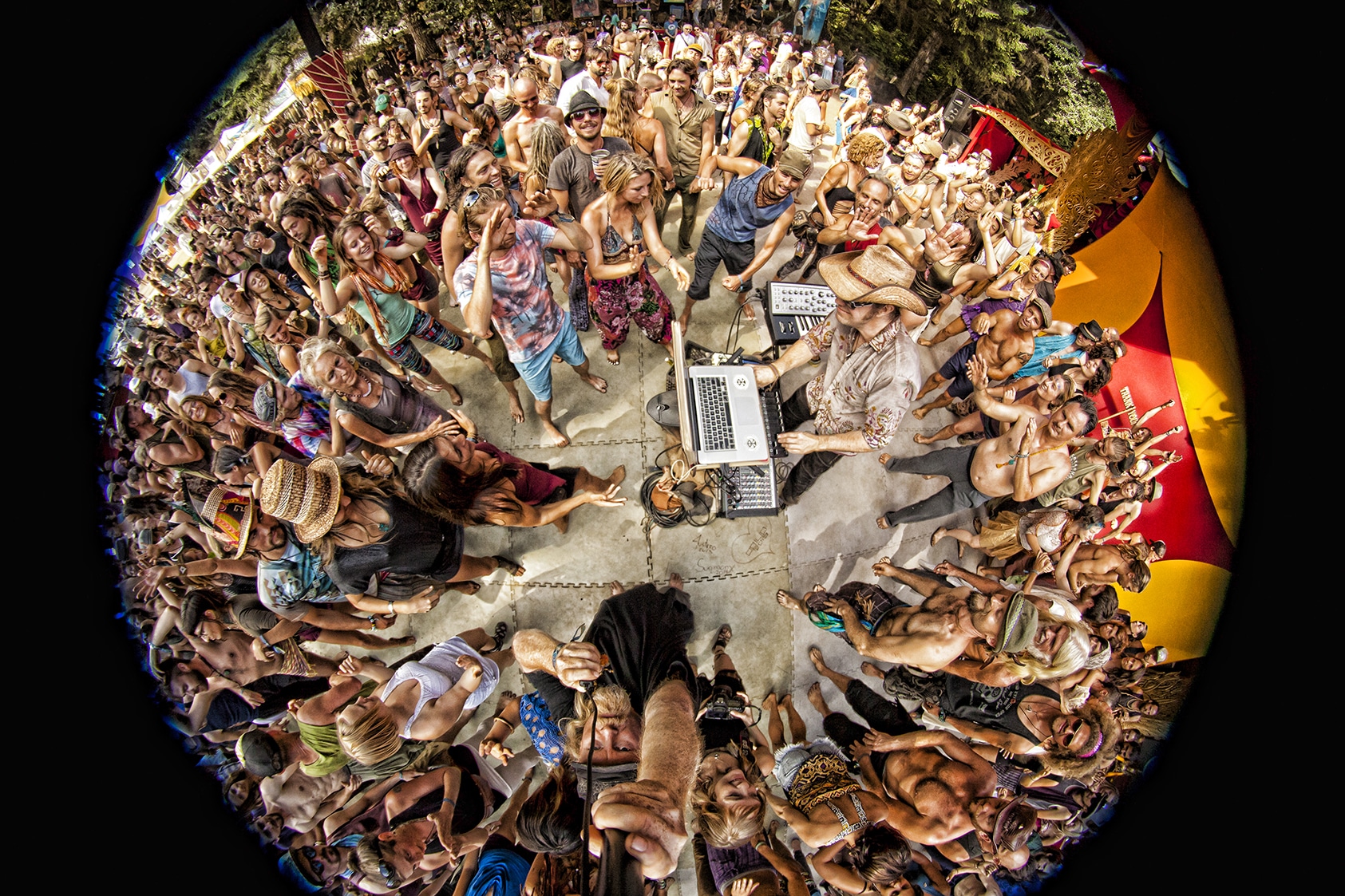
Image Source: Mike Zapolin.
“Nature, in its intelligence, realizes that humans are highly stressed and need some type of catalyst to help them relax, tap into spirituality, and address some of our modern diseases. It’s happening first with cannabis, and the next step beyond that is psychedelics like ibogaine, ayahuasca, and psilocybin.“ – Zappy
It’s fun to think about what wealthy entrepreneurs or people in positions of power and influence could do to advance important causes like advocating for psychedelics—and it’s especially great when it actually happens. Mike “Zappy” Zapolin is a successful entrepreneur in the domain name industry and founder of the eBusiness course at Harvard Business School, and he has leveraged his success to promote his passion for consciousness expanding modalities including meditation, breathwork, and psychedelics. His endeavors include the documentary The Reality of Truth, the founding of the True Reality Society, and, most recently, taking out a full page advertisement in the New York Times to bring ibogaine and the opiate epidemic to President Trump’s attention. We were able to speak with Zappy earlier this week about his work and the importance of getting information about psychedelics out to a larger audience.
One of the things I love about your work is that you tie in psychedelics, meditation, and breathwork into a larger picture of “going inside your mind” to discover your true self and a sense of lasting well-being. Sometimes that can be tricky territory to tread, but you do it very seamlessly. How do you see the relationship between psychedelics and these meditative practices?
I have a lot of respect for meditators, but I often differ from them when they say, “You don’t need plant medicines or psychedelics, you can get there with meditation.” In general, yes, I absolutely agree, but in this society that we live in, there’s too much coming at you through media and conditioning…for most people to have a real breakthrough. Psychedelics are different from meditation and breathwork, but they can serve the same purpose, so we shouldn’t be fearful of them. For example, if a veteran just came back from Iraq and had their fight or flight sensor on permanently, don’t expect them to be able to sit down and meditate just because you’d like them to. These plant medicines are here for a reason, so let’s not pretend that we don’t need them; otherwise, you wouldn’t have a receptor in your brain for them. We are designed to interact with them.
You recently wrote an article in the New York Times to President Trump about the importance of addressing the opioid epidemic and allowing the use of plant medicines like ibogaine. What has the reaction been so far?
The number and the quality of the people that have approached me about the article has been incredible. My goal was to put ibogaine and other psychedelics into the conversation, not in a partisan way, but by presenting the facts. Putting ibogaine out there into people’s awareness, letting them google it, I felt was really important. I am subscribing to that Marshall Mcluhan quote where he said, “the medium is the message.” If you put a full page ad in the New York Times, the medium signals to society and to the influencers that this is really important; these advocates have credibility and means, so the medium carries that. And it’s proven itself. Some of the phone calls and responses I’ve gotten are so high-level; people are tuned in with a understanding that this is legitimate, and some of that had to do with the medium as much as the message.
What was the central goal behind making your documentary The Reality of Truth?
The main idea with the documentary was to bring people’s fear of psychedelics down. You get to watch Michelle Rodriguez, a respected actress, transform from when she first arrives in Peru through all her experiences. She says she had ten years of therapy within one San Pedro ceremony, letting go of things she held onto her whole life that were making her angry and sad and upset. Then she does the ayahuasca [ceremony], and you can see that she is totally changed, but she is still herself. I think it’s really important for the audience to see people that they respect transforming but remaining true to who they are. People worry that they might become someone else after a psychedelic experience and lose their sense of humor, or goals, or edginess. Psychedelics won’t make everyone a yoga instructor. They create awareness, higher consciousness, and empathy that maybe they never had before—that spiritual breakthrough that everyone wants and needs.
You’ve worked in a lot of different areas recently to promote psychedelics. Do you feel a sense of urgency in getting this message out?
You know, I wish I could just kick back and have faith things will fall into place on their own, but when you realize we are dancing around an extinction-level event caused by humans which could be accelerated at any moment, and all this chaos that’s going on, I don’t think we have the time to not act. The only thing I’ve seen that can immediately alter someone’s perspective and grant them more empathy is psychedelics, and to that end, we have to re-educate people about their value. The timing is critical, and we’re in a golden moment where the internet is allowing people to take their health and wellness and education into their own hands. The power of the plants is that society can’t really keep you from exploring them even when they try, because they grow out of the ground and are naturally occurring. Now we just have to educate people why they shouldn’t be scared of them, and how a psychedelic experience can be one of the greatest healing moments of their lives.
We are very grateful to Zappy for all of his efforts to promote the healing power of psychedelics. To learn more about his mission, watch the documentary The Reality of Truth or visit the True Reality Society website.











I am 76 years old with a retirement investment which I’m wondering if I should take some of it and move to Peru or Costa Rica with my daughter, who is suffering from PTSD, paranoia, ID theft, allergies, and try this substance. In other words, chuck this controlling life and start over in Peru, or Costa Rica. Would that be too risky for two women alone?